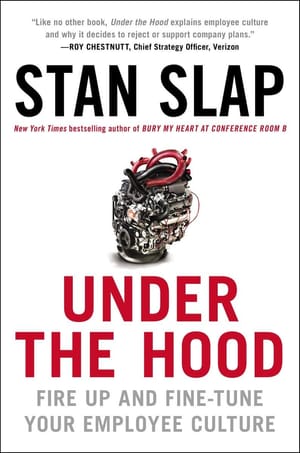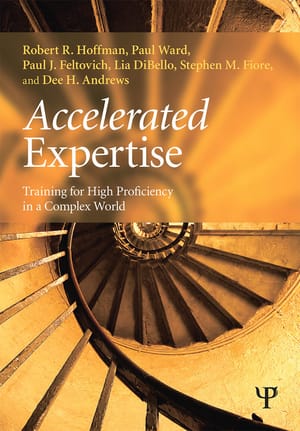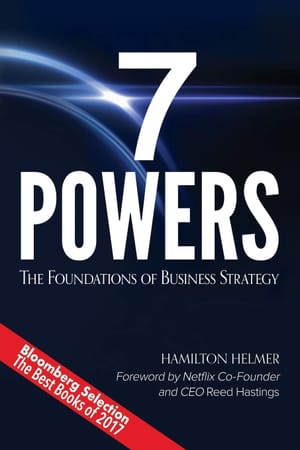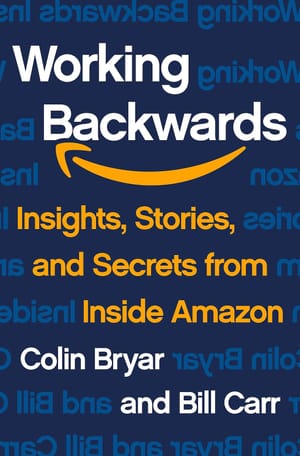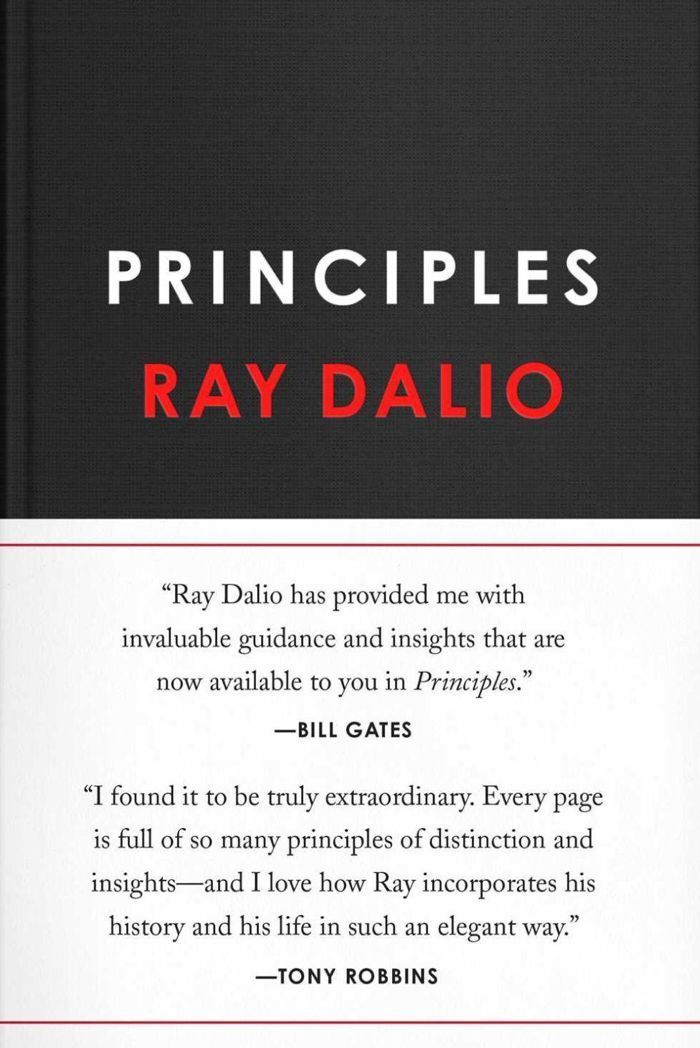
This is a summary of a 🌳 tree book, and happens to be part 2 of The Principles Sequence. You should read the original book in addition to this summary, as tree books are not easily summarised. Read more about book classifications here.
I've talked in my last post about my personal history with Ray Dalio's Principles — essentially, that I read it during a dark period in University, applied it to my life and found that it changed me forever.
This isn’t a normal book summary: Principles is a tree book, which makes it difficult to summarise. Rather, I’m going to talk about the background of the book, describe the way it’s organised, and then explore some overarching questions such as “why does this even work?!” and “why are there reviewers who say that this is a waste of time?!”
Background of the book
Dalio originally wrote Principles as a badly-formatted PDF, available for internal consumption, at Bridgewater, the hedge fund he cofounded in his late 20s. He later made the PDF downloadable and publicly available.
This was the version of the book I downloaded and read in 2011. It was raw but useful, even in its unedited form; the version you may buy on Amazon today is a highly polished production by comparison. The core ideas remain the same.
The book is primarily about what Dalio calls his ‘principles’. I’ll let Dalio define it:
The most important thing I learned is an approach to life based on principles that helps me find out what’s true and what to do about it.
(…) Each day, each of us is faced with a blizzard of situations we must respond to. Without principles we would be forced to react to all the things life throws at us individually, as if we were experiencing each of them for the first time. If instead we classify these situations as types and have good principles for dealing with them, we will make better decisions more quickly and have better lives as a result.
The book is organised into 3 parts:
- Where I’m Coming From — a summary of Dalio’s life.
- Life Principles — the overarching principles that drive Dalio’s approach to everything.
- Work Principles — the principles that underlie Bridgewater.
In the Principles Sequence, I intend to summarise only the Life Principles segment of the book. The Work Principles segment was always meant as a reference guide, never meant to be read front to back.
Unsurprisingly, the majority of complaints are about the first two parts.
Criticism
There are two main criticisms of Principles. The first, as far as I can tell, are the reviewers who take umbrage at Where I’m Coming From, arguing that Dalio was showing off his successes as justification for his “self-help book”. The second kind of criticism is that the ideas in Principles are trite maxims recycled from other self-help writers and speakers. Worse, several of Dalio’s ideas are debunked pseudo-scientific dribble: his over-reliance on MBTI personality tests in Bridgewater, for instance.
These are valid criticisms. But they are wrong.
An earlier version of Principles had a section in the beginning warning the reader to think for yourself. Dalio wrote:
What I hope for most is that you will carefully consider the principles we will be exploring in this document and try operating by them, as part of the process of discovering what works best for you. In time, the answers to these questions will evolve from “Ray’s principles” to “my principles,” and “Ray” will fade from the picture in much the same way as memories of your ski instructor or basketball coach fade after you have mastered the sport.
So, as I believe that adopting pre-packaged principles without much thought is risky, I am asking you to join me in thoughtfully discussing the principles that guide how we act. When considering each principle, please ask yourself, “Is it true?” While this particular document will always express just what I believe, other people will certainly have their own principles, and possibly even their own principles documents, and future managers of Bridgewater will work in their own ways to determine what principles Bridgewater will operate by. At most, this will remain as one reference of principles for people to consider when they are deciding what’s important and how to behave.
Repeatedly, throughout the older version of the book, Dalio would pause and say (I’m paraphrasing here): “Ask yourself: do you believe that what I am saying is true? Why? Why not? How can you verify this in your life?” I’m not sure why he’s dispensed with the questions in the current edition, but I feel that Principles has lost a key component that made it effective.
Dalio’s intention for Where I’m Coming From was to give us the context within which he created his principles. This is useful to the reader because it allows you to pass judgement: with context, you may reject certain principles that apply to Dalio’s life, but not yours.
I think Dalio’s Principles follows directly from his history as a hedge-fund manager. In what other field would a CEO find it necessary to record every decision, catalog every trade, list all the principles that govern his decision-making processes? The very existence of the book — that Dalio felt compelled to write it, and felt ok with extending the principles from the markets to his life — is an artefact of the peculiarities of finance. There are very few industries where bad decision-making can cause sudden, catastrophic losses. Finance is one of them.
This experience is why Dalio’s book is worth paying attention to, I think. Imagine that you had a team of people operating at the highest levels of a high-stakes, tight-feedback-loop industry, with their skin in the game, for 30 years. Now imagine that they decided to codify every decision they made internally, tweaking and modifying over a long time period. What would that document look like?
For starters, it would probably look really weird. And Principles IS weird. It’s adapted to the contours of Dalio’s life. Its ideas are over-fitted to Dalio’s biases and life experiences. Whatever has made it into the book has been tested in Dalio’s world, and found to work there. That makes it both more believable in comparison to the self-help gurus, as well as more forgivable for its idiosyncrasies, given that Dalio has a specific weakness for MBTI personality testing.
Any similarities to a self-help guru’s maxims is likely either due to the universality of human wisdom (advice like, ‘own your outcomes’, or ‘understand your reality and deal with it’, for instance) or perhaps because the guru got lucky. For what it’s worth, I find Dalio to be a lot more believable than Tony Robbins.
Why does it work so well?
It’s probably a good question to ask: how is it that a book with pseudo-scientific claims, with ideas so tightly wound to a single man’s life, with sections on kooky, anthropomorphic philosophy (“evolution is the greatest goal of life; listen to what nature is telling you”) … how can such a book be so effective?
I read Principles and applied it to my life, and found that it worked. This is, on some level, a bizarre result to me. I don’t like self-help. I find the whole industry repulsive. And yet Principles worked — what magic is this?
The answer, I think, is because Principles is rational, and rationality matters when it comes to achieving good life outcomes.
See, for instance, this Credit Suisse paper (secondary link available here):
Keith Stanovich, a professor of applied psychology at the University of Toronto, distinguishes between intelligence quotient (IQ) and rationality quotient (RQ). Psychologists measure IQ through specific tests, including the Wechsler Adult Intelligence Scale, and it correlates highly with standardized tests such as the SAT.
IQ measures something real, and it is associated with certain outcomes. For example, thirteen-year-old children who scored in the top decile of the top percent (99.9th percentile) on the math section of the SAT were eighteen times more likely to earn a doctorate degree in math or science than children who scored in the bottom decile of the top percent (99.1st percentile).
RQ is the ability to think rationally and, as a consequence, to make good decisions. Whereas we generally think of intelligence and rationality as going together, Stanovich’s work shows that the correlation coefficient between IQ and RQ is relatively low at .20 to .35. IQ tests are not designed to capture the thinking that leads to judicious decisions. (emphasis mine)
Stanovich laments that almost all societies are focused on intelligence when the costs of irrational behavior are so high. But you can pick out the signatures of rational thinking if you are alert to them. According to Stanovich, they include adaptive behavioral acts, efficient behavioral regulation, sensible goal prioritization, reflectivity, and the proper treatment of evidence. (emphasis mine)
It’s striking that this paper has (again!) come out of the finance industry. Elsewhere in the paper, the authors quote Warren Buffet, who attributes his success to his rationality:
“How I got here is pretty simple in my case. It's not IQ, I’m sure you'll be glad to hear. The big thing is rationality. I always look at IQ and talent as representing the horsepower of the motor, but that the output—the efficiency with which that motor works—depends on rationality. A lot of people start out with 400-horsepower motors but only get a hundred horsepower of output. It’s way better to have a 200-horsepower motor and get it all into output.”
Dalio is nothing if not rational. His principles are refined in the crucible of experience. He discards whatever isn't useful in achieving his goals. He sort of feels like a scary uncle who wants you to be as effective in achieving your goals as he is. If you accept the arguments of the Credit Suisse paper as true, and agree that apart from IQ, the other major factor for success is rational decision-making ability, then Principles quickly begins to look like a handbook.
A handbook for what, exactly? Well. A handbook on how to adapt to your reality, to regulate your behaviour and stop lying to yourself, to prioritise effectively using clear goal setting, to think properly about your situation, and to face your reality, no matter how painful it may be.
Next: part 3 — Ray Dalio's Hyperrealism.
This is part 2 of the Principles Sequence. Subscribe here, or follow the blog on RSS/Twitter.
Originally published , last updated .

